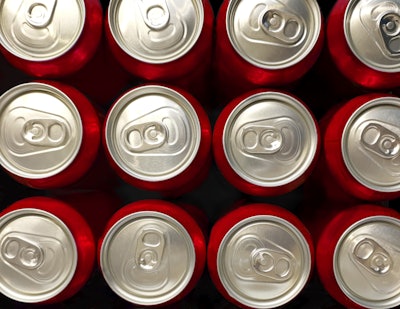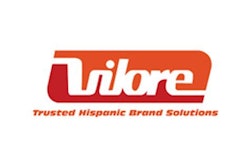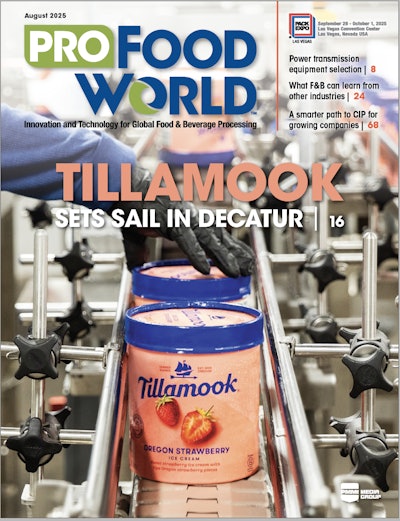Coca-Cola Co. announced it will launch a new version of its flagship cola sweetened with cane sugar, reflecting growing demand for transparency and natural ingredients. This addition will join the company’s existing U.S. product lineup, which includes high fructose corn syrup (HFCS) and zero-sugar varieties. No items will be eliminated.
Rival companies PepsiCo. and Keurig Dr. Pepper both already offer versions of trademarked colas with cane sugar, according to the Associated Press.
HFCS vs. cane sugar in drink processing
- Cost: HFC costs less. According to price data from the U.S. Department of Agriculture (USDA), the wholesale price of HFCS averaged 49.4 cents per pound last year. The average wholesale price of refined cane sugar was 60.1 cents per pound.
- Processing: HFCS is more stable than sugar when added to acidic beverages. This can allow for beverages containing HFCS to be pumped directly from delivery trucks to storage and mixing tanks.
- Storage differences: HFCS must be stored above 85°F to prevent solidifying. Cane sugar should be kept at 68°F.
Cane sugar as part of the natural ingredient trend
The addition aligns with a broader industry shift toward natural ingredients, as consumers increasingly seek simpler, more recognizable components, AP reported.
ProFood World previously reported on food dye removal as part of the natural ingredient trend.
Regulatory changes from the Food and Drug Administration (FDA) require Consumer Packaged Goods (CPG) brands to eliminate six artificial dyes by the end of 2026. However, reformulating to remove dyes is challenging because of the shelf life of existing products. Manufacturers are navigating this by focusing on keeping consumer perception in focus. Abiding by the regulatory changes helps preserve brand trust and favorability.
This sweetener switch diversifies Coca-Cola's offerings and reflects a broader market trend where brands are adapting to regulatory changes and evolving consumer preferences for simpler, more recognizable ingredients.






















